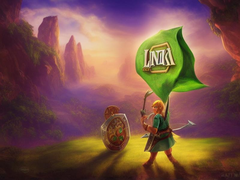Role-playing (RP) games offer a dynamic and immersive experience where players create and control characters within a fictional setting. This genre of games encourages creativity, strategic thinking, and social interaction, making it a popular choice for many gamers.
Understanding Role-Playing Games
Role-playing games (RPGs) allow players to assume the roles of fictional characters, usually within a structured narrative. Players create detailed backstories, make decisions that influence the game’s direction, and interact with other characters in meaningful ways. This genre can be divided into tabletop RPGs, which are played with physical materials like dice and rulebooks, and digital RPGs, which are played on computers or consoles.
Getting Started with RP

To start with role-playing, players need to understand the basic rules and mechanics of their chosen game. For tabletop RPGs, this involves reading the rulebook, understanding character creation processes, and learning how to engage in storytelling. Digital RPGs often come with tutorials and in-game guides to help players get accustomed to the gameplay and interface.
Enhancing Your RP Experience
To enhance your role-playing experience, focus on developing your character’s backstory, motivations, and relationships with other characters. Engage with the game’s community to exchange ideas and strategies. Additionally, exploring various RPG genres and settings can help you find the ones that best suit your interests and play style.
In summary, role-playing games provide a rich platform for creativity and interaction. By understanding the game mechanics, immersing yourself in your character’s world, and engaging with other players, you can fully enjoy the immersive experience that RP games offer.









